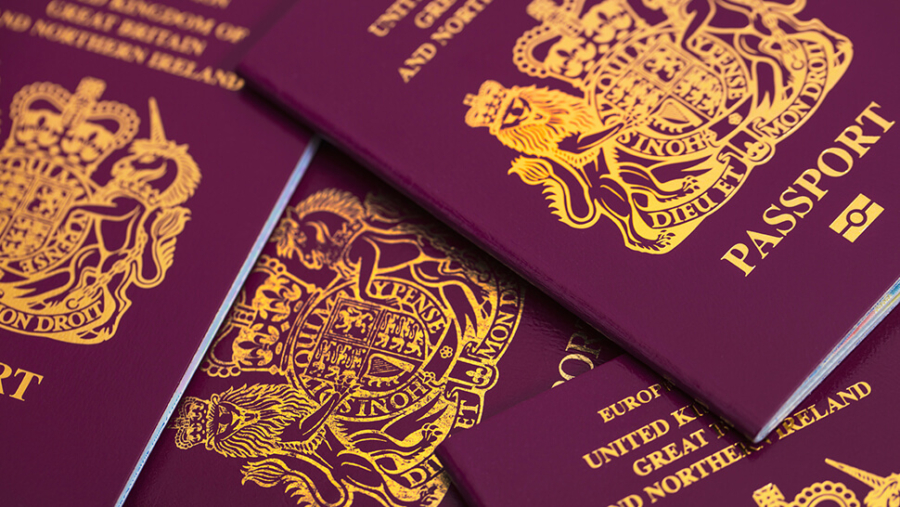
Article
24 April 2024
4 minute read
This website will offer limited functionality in this browser. We only support the recent versions of major browsers like Chrome, Firefox, Safari, and Edge.

One of the key issues for the UK’s strong financial sector concerned about Brexit is that of passporting – the rights which enable firms here to offer their services in the EU and EEA because of the regulatory framework here. Nicolas Groffman, Head of International, looks at some of the questions facing the sector as Brexit looms.